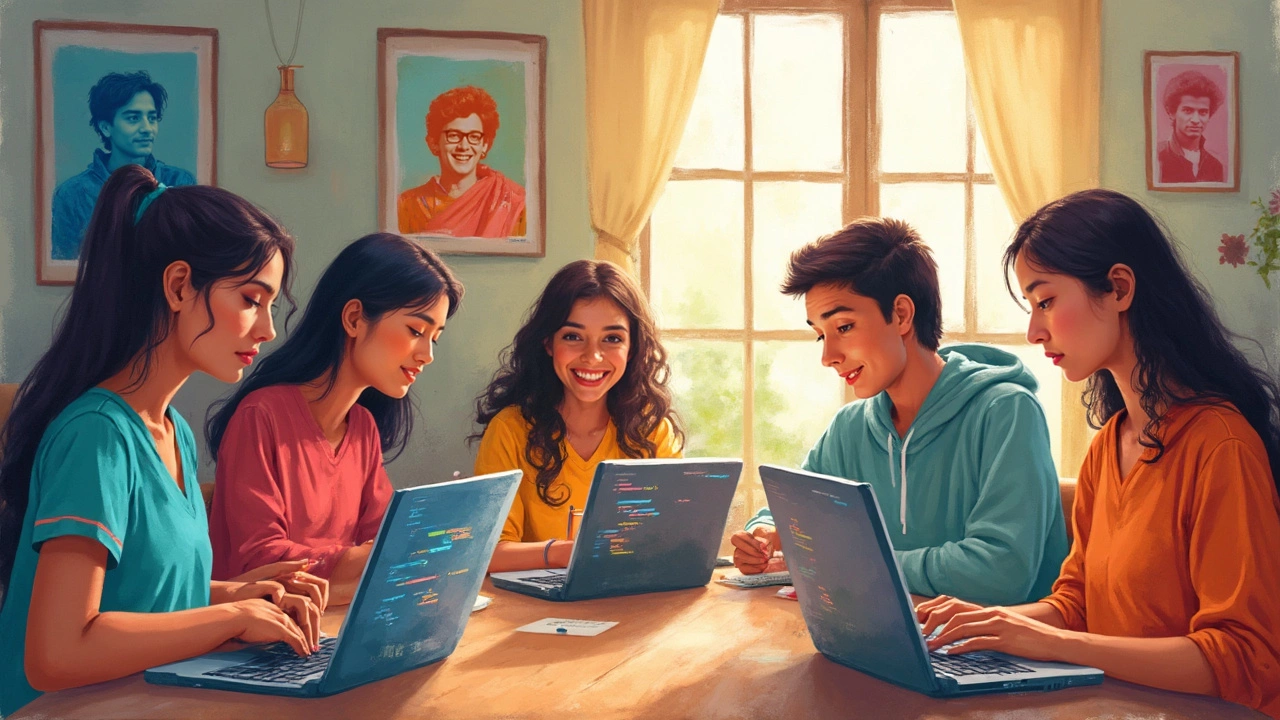Beginners Programming: Your First Steps Into Coding
Feeling curious about programming but not sure where to begin? You’re not alone. Most people start with the same question: "Do I need to learn a fancy language or can I just jump in?" The good news is you can start small, see results quickly, and keep the momentum going.
First, understand that programming and coding aren’t exactly the same. Coding is the act of writing lines that a computer understands, while programming is the bigger picture – planning, problem‑solving, and turning ideas into working software. Think of coding as the brush strokes and programming as the whole painting.
Pick a Friendly Language and Tool
For absolute beginners, Python tops the list. Its syntax reads like plain English, so you spend less time fighting errors and more time building things. You can download it for free from python.org and start writing in a simple editor like VS Code or even the built‑in IDLE.
If you’re more into web stuff, try JavaScript. It runs right in the browser, so you see results instantly without any setup. A quick Google search will give you a free online playground like CodePen where you can type a line of code and watch it work.
Hands‑On Learning Beats Theory
Instead of memorizing endless syntax tables, jump straight into tiny projects. A classic first program is the “Hello, World!” script – it teaches you how to run code and see output. From there, move to something useful: a basic calculator, a to‑do list, or a simple game like rock‑paper‑scissors.
When you hit a bug (and you will), treat it as a learning moment. Read the error message, Google the exact wording, and try to fix it. That habit of troubleshooting is the core skill every programmer needs.
Set a tiny goal each day – write 5 lines, fix one bug, or add one feature. Consistency beats marathon sessions. After a week, you’ll notice patterns: common syntax, typical logic errors, and ways to structure code better.
Online platforms can keep you on track. Websites like freeCodeCamp, Codecademy, or the “Programming vs Coding” guide on Mission Excellence break lessons into bite‑size chunks. They also give you instant feedback, which speeds up learning.
Don’t forget to join a community. Whether it’s a Reddit board, a Discord server, or a local meet‑up, talking to other beginners helps you stay motivated and get quick answers.
Finally, keep a simple notebook (digital or paper) of what you learn each day. Jot down new concepts, useful commands, and a short description of what each project does. Later, you’ll have a handy cheat‑sheet and a record of your progress.
Starting programming is easier than it looks. Pick a language, build a tiny project, fix the bugs, and repeat. In a few weeks you’ll be comfortable enough to tackle bigger ideas like a personal website or a simple mobile app. The key is to stay curious, keep coding, and enjoy the problem‑solving journey.
Simplest Coding to Learn: Where Should You Start?
Choosing your first coding language can feel overwhelming, but some options are much easier for beginners. This article looks at what makes a coding language simple, highlights the most approachable choices, and compares practical uses. Find clear advice on how to start and what to expect in those first steps.
read more